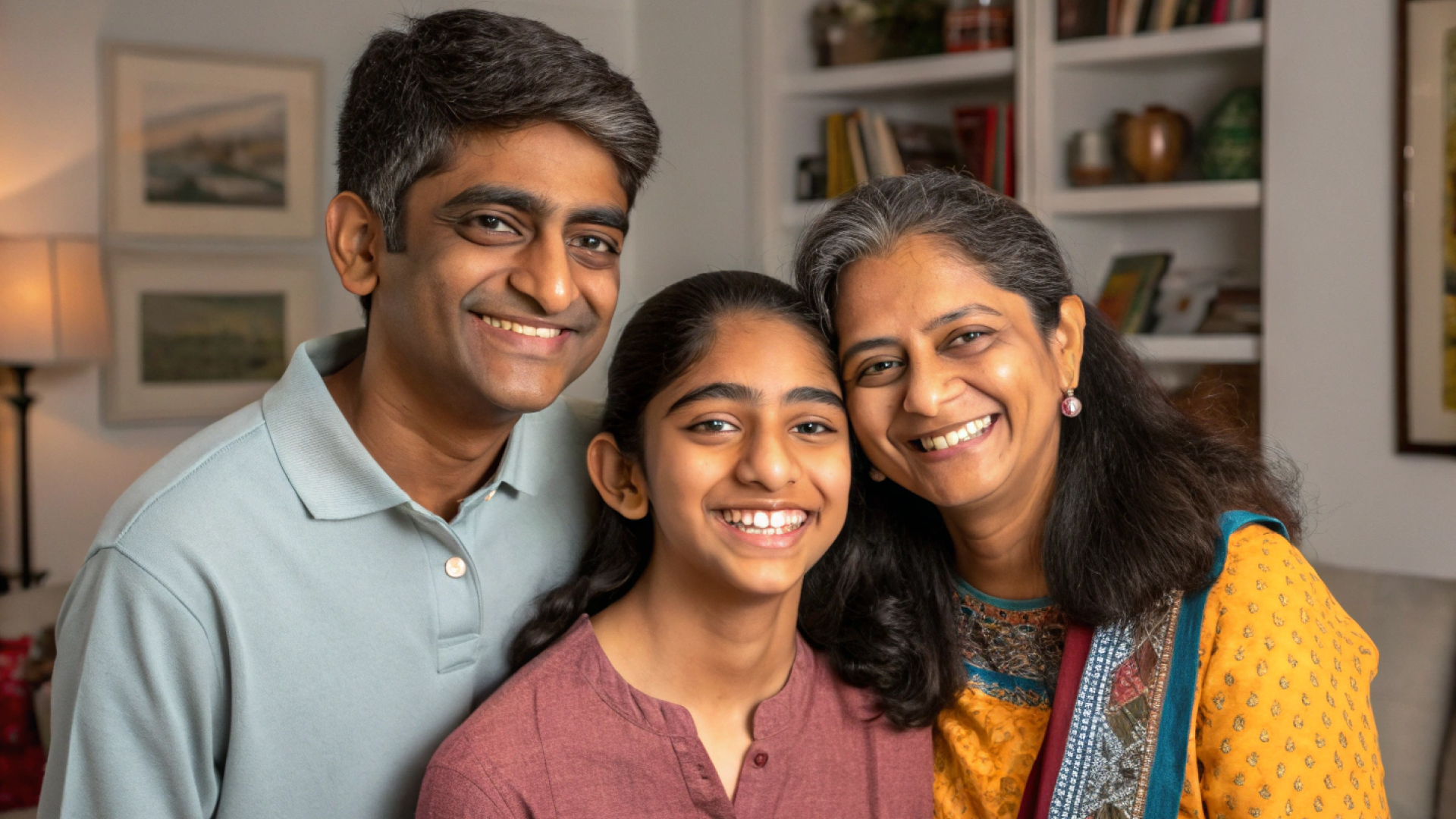

According to government data, over 1.3 million Indian students studied abroad in 2024, a number that continues to rise each year. But here’s what most parents don’t realise: nearly 60% of these students faced delays or application issues due to incomplete documentation, poor subject alignment, or lack of personalised guidance.
If you’re a parent in India wondering how to study abroad after 12th, you're not alone. Many families are excited by the opportunities, but overwhelmed by decisions: Which country? Which course? What tests are needed? Can we afford it?
This article is crafted especially for parents like you. We’ll walk through every essential step - calmly, clearly, and with your family’s goals in mind. You’ll walk away understanding how to make informed choices, plan early, and give your child the global edge, without relocating or confusion.
Studying abroad after the 12th standard is no longer just for elite institutions or niche careers, it’s a mainstream path chosen by thousands of Indian families seeking:
For parents, the motivation is simple: We want our children to thrive: not just academically, but personally and professionally.
You’ll be able to shortlist universities with confidence when you understand how global admissions work and what truly sets applications apart.
Need help shortlisting the right course and country? Our expert counsellors at Flylane can guide you, book your counselling session.

The foundation of your child’s journey is the course they choose. Parents often wonder which are the best courses to study abroad after 12th, and the answer depends on your child’s stream - Science, Commerce, or Arts - and their interests.
Pro Tip: Choose a course that aligns with future job markets and your child’s personality and aptitude. A strong interest leads to better performance and long-term career satisfaction.
Once the course is selected, the next big decision is location. Every country offers something unique, and choosing the right one depends on budget, visa rules, climate, post-study work options, and cultural comfort.
Your child can explore subjects that match their strengths and global trends, while you as a parent can feel secure knowing the country has support systems in place for international students.
Here’s where many applications go wrong: misunderstanding entry requirements. Each country and course may ask for specific documents, exams, or subject scores.
Most universities require at least 60–70% in 12th boards. Some top programs may ask for higher.
Concerned about CBSE, ICSE, or State Board equivalency?
Good news: All major international universities recognise Indian boards - but some may require subject-level clarifications or foundation years.
Top universities abroad don’t just look at marks. They want students with leadership, initiative, and a clear sense of purpose.
Flylane offers personalised counselling sessions that help Indian students build strong profiles, map subject choices, and understand how to prepare for international applications - without the need to relocate.
Early planning makes all the difference. Here's a sample timeline for Indian students in Class 11 or 12.
By planning early, your child avoids missed deadlines, rushed essays, and scholarship losses - issues that commonly derail last-minute applications.

Studying abroad can be expensive, but with smart planning and the right advice, it can be affordable too.
Book a premium counselling session with a Flylane study abroad consultant – designed to bring clarity, strategy, and long-term success to your family’s global education journey.
When you follow the steps above with the right guidance, here’s what you’ll gain:
As a parent, you’re not just funding your child’s future - you’re helping shape it. With the right planning, support, and expert advice, your child can pursue world-class education without limits.
You don’t have to figure it out alone.
Want a subject and application plan tailored to your child? Talk to our study abroad consultants to explore your overseas options
Book a premium counselling session with a Flylane expert - designed to bring clarity, strategy, and long-term success to your family’s global education journey.



